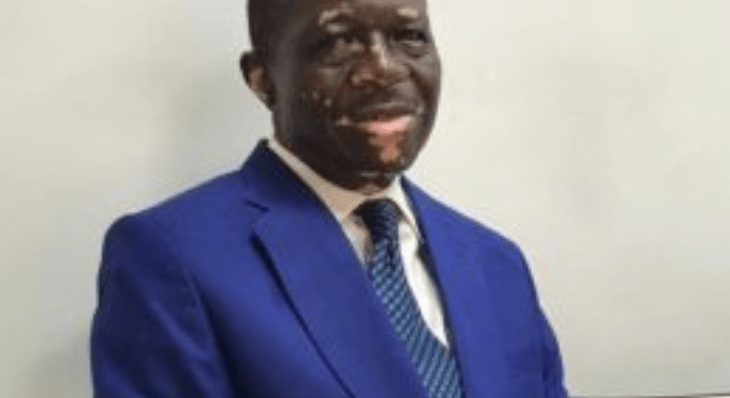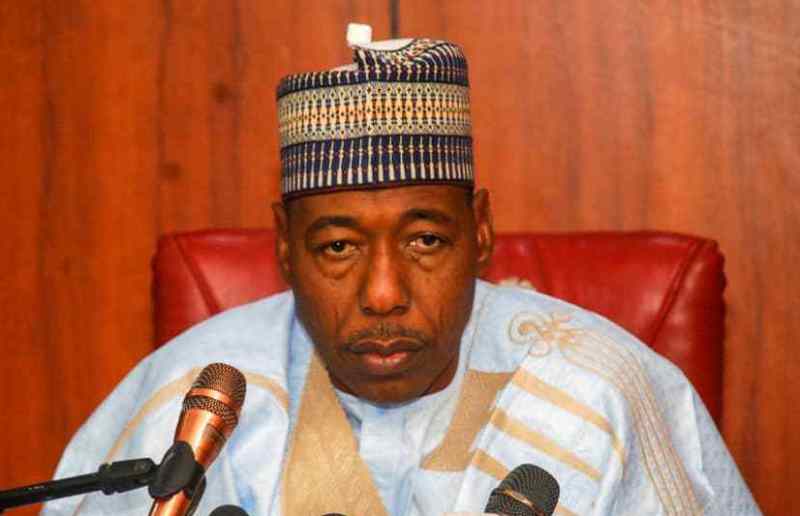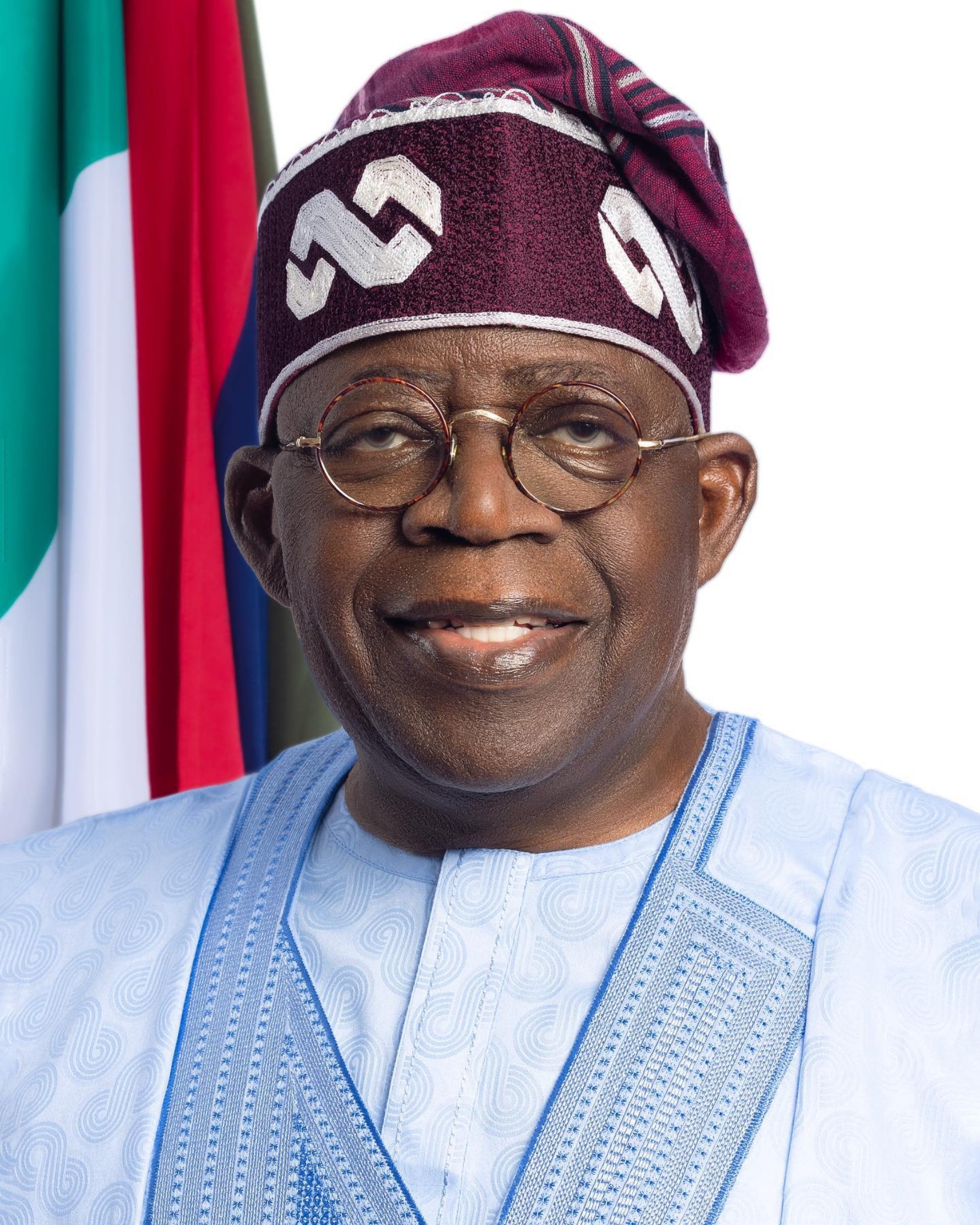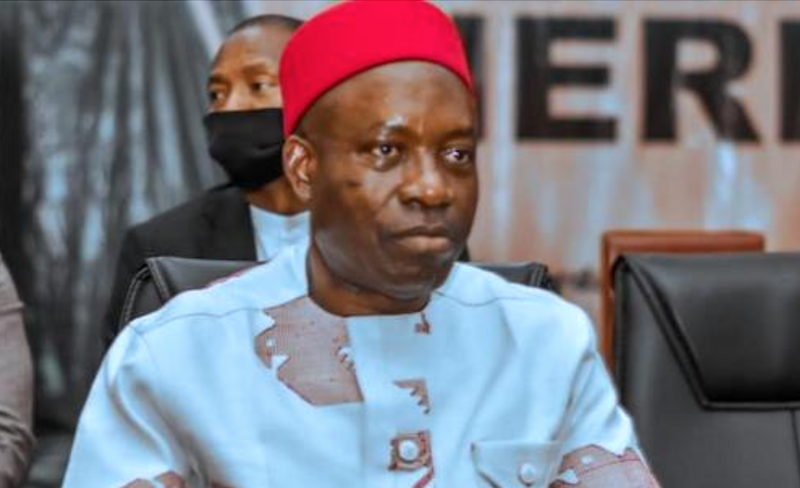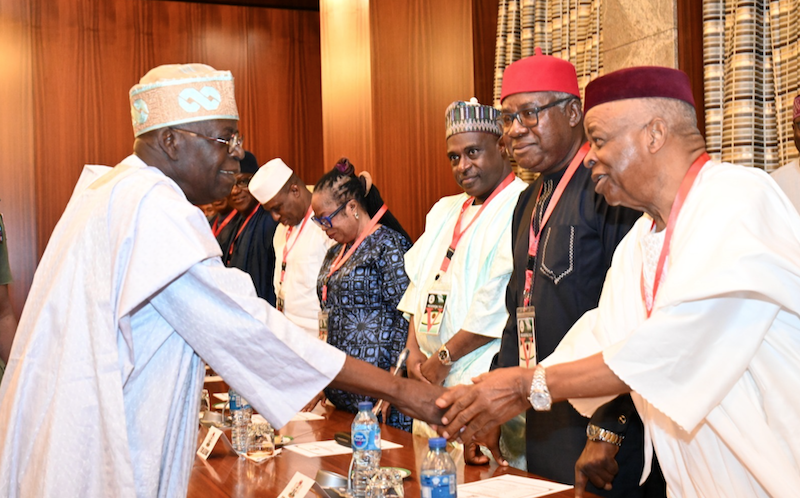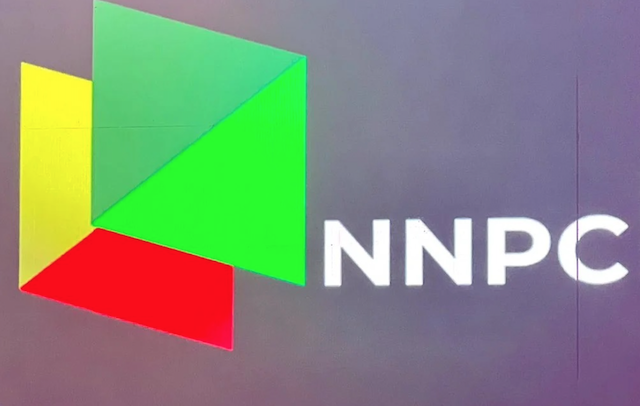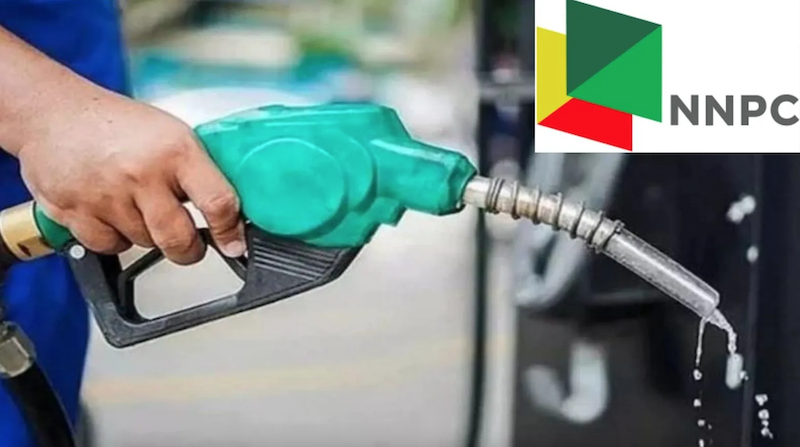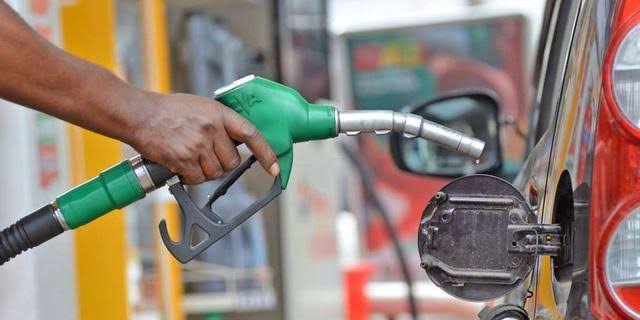The news broke just a few days ago that the Downstream price war between the Dangote Refinery and the Federal Government owned Four Refineries – Port Harcourt Refineries [they are two there], Warri Refinery and the Kaduna Refinery, being operated on behalf of the latter by the Nigerian National Petroleum Corporation Limited, have pushed government fuel price further down to N774 per litre.
This became good news to Nigerians, and most of us celebrated it. Of course, who wouldn’t celebrate, since the Dangote Refinery, which is the alternative source of Premium Motor Spirit [PMS]; popularly known as fuel or petrol, supply to the Nigerian Market was selling at N860 per litre at the time the “good news of price reduction” came from the government.
However, that joy of celebration ought not to be, if facts of realities at play in the Nigerian petroleum industry are laid bay before the Nigerian People. I will say a few things quickly here that will enable us to understand why we shouldn’t have been rejoicing about the reduction in price by the NNPCL.
One, while Dangote Refinery refines Crude into PMS – and other products, at its Refinery, at Ibeju=Lekki in Lagos State, NNPL imports finished Petroleum product- PMS, from abroad, as it lacked full refining capacity.
Two, every litre of fuel imported from abroad by the NNPCL is through licences issued by the Nigerian Midstream and Downstream Petroleum Regulatory Authority [NMDPRA] to the Importer. It means the Importer imports on behalf of the NNPCL, and the NNPCL does all its operation on behalf of the Federal Government, exercising such “Power of Functions” under the Supervision of a Minister of Petroleum Resources, appointed by the President of the Federal Republic of Nigeria.
Ultimately ipso facto, the President of the Federal Republic of Nigeria controls, with Full and Totalitarian Power of Authority, everything in the Nigerian Petroleum Industry – NNPC inclusive.
Not even the Petroleum Industry Bill [PIB] that brought the registration of the NNPC, at the Corporate Affairs Commission [CAC], that now makes it a Limited Liability – which is a mere legal jargon nomenclature, changed the true position of things for the NNPCL.
The point being made here is that both the NNPCL and the Federal Government are same of the same face of the same coin – finito cascara.
Now, let us go back to the issue of price reduction competition between the NNPCL and the Dangote Refinery, please.
There are events that happened within the past two weeks that revealed the fraudulent presentations of the NNPCL over the “so-called price reduction”, which has shown very clearly how the NNPCL and the Federal Government, in an unholy conspiracy, have brought back regime of Fuel Subsidy. And this time around Nigeria is being expected to pay Fuel Subsidy of almost Eight Trillion Naira [N8tn]. When The Guru says Nigeria, he meant that Nigerians would pay for this monumental fraud of oil subsidy, introduced through the backyard.
I must allow you to go through NNPCL personal presentation on how it incurred the sum of N7.74tn fuel subsidy debt, at a forum, that held about two weeks ago, which was widely reported by both the National and International Medial. Same is presented here below, under the caption: xNNPCL work out N7.7tn fuel subsidy debt payment.
The Federal Government’s indebtedness to the Nigerian National Petroleum Company Limited as exchange rate differential (subsidy) for the importation of Premium Motor Spirit (petrol) rose to N7.74tn as of September 2024 when the deregulation of the downstream oil sector was fully implemented.
This amount covers the cost of maintaining a specific price range in the retail market, despite acquiring the product at a higher rate between June 2023 and September 2024.
This was disclosed in a presentation by the national oil company to the Federation Account Allocation Committee at its February meeting in Abuja. The Guru obtained a copy of the document.
The FAAC document also revealed that the government is working out measures to settle the N7.74tn fuel subsidy debt within a period of 210 days.
The PUNCH Newspaper reported in August last year that the NNPCL demanded a refund of N4.71tn from the government to settle outstanding debts used to import petrol.
The claim, at the time, was listed as “Exchange rate differential on PMS and other joint venture taxes” on products imported by the company between August 2023 to June 2024.
Exchange rate differentials refer to the income accrued to banks or government agencies from the difference in value between two currencies at different times through foreign exchange’s sale and purchase prices.
For example, if one exchanges $1 for N1,600 today, and tomorrow you get $1 for N1,500, the exchange rate differential is the change between these two rates.
The government supported fuel imports by covering the difference between the projected rate and the actual expenses incurred by the NNPCL for importing petroleum products into the country.
This difference in cost, which ordinarily should be reflected in the retail price of the product and borne by final consumers, is the amount the national oil firm now seeks to recover from the government.
An analysis of the document explained that the exchange rate differential for the period of July to September 2024 was estimated based on the Nigerian Autonomous Foreign Exchange Market rate.
“Thus, the actual differentials may change in line with the prevailing forex (foreign exchange) rate at the time of import settlements.”
The balance brought forward is the additional claim due to the actualisation of an estimated portion of 2017 to May 2023 PMS under-recovery.
A breakdown showed that the total sum of the exchange rate differential due was N10.499tn, but N2.756tn was the exchange rate differential recovered between November 2023 and September 2024. This reduced the cumulative outstanding amount to N7.74tn.
The document further remarked that the weighted average of purchased USD as of February 7, 2025, was applied. It added that payment is ongoing within 210 days.
A month-by-month breakdown indicated that the debt with an outstanding balance of N1.29tn increased to N1.402tn in June 2023, N1.48tn in July 2023, N1.535tn in August, N1.59tn in September, and N1.81tn in October 2023.
By November, these claims increased by N662.9bn to N2.378tn, and by another N616.38bn to N2.94tn in December 2023.
The document further indicated that the figure increased to N3.57tn in January 2024, N3.96tn in February, N4.68tn in March, N5.81tn in April, N6.47tn in May, and N6.97tn as of June 2024.
In July 2024, it increased to N7.46tn, N7.66tn in August, and N7.74tn in September 2024. The amount represents 14.07 per cent of the N54.99tn 2025 national budget. On May 29, 2023, during his inauguration, President Bola Tinubu publicly declared that “subsidy is gone,” signalling the end of barriers that had been restricting the nation’s economic growth.
The International Monetary Fund, the World Bank, and other authoritative figures had argued that the government quietly reintroduced fuel subsidies. In June, a proposed economic stabilisation plan document stated that the government planned to spend about N5.4tn on fuel subsidies.
An Energy Expert, Wunmi Iledare, was quoted as asking why the national oil firm was asking the government to cover its differentials when NNPCL sold oil in foreign currency on the government’s behalf. According to him, the NNPCL was supposed to pay royalties to the government like other oil companies.
“If you look at the taxes paid by the international oil companies, they are tax oil which NNPCL sells on behalf of the government and gives the government the dollar. So, it is very difficult for me to understand why the Federal Government has to return any money to NNPCL.
“Unless NNPCL is saying that it is the one funding the government in dollar equivalent, and since the government is changing the exchange rate to the tune of N1,500, the government cannot keep the windfall profit because the government now has more than when the exchange rate was N700,” Wunmi Iledare stated.
The scholar added, “It is very difficult for me to comprehend the rationale because the government is the owner of the equity, the government owns the tax oil, and the government is the owner of the royalty oil that the NNPCL is selling on its behalf.
“If the argument is about what they call under-recovery, that means NNPCL spent dollars on behalf of the government to import fuel, and the government is giving them the under-recovery in Naira, which I am not sure of. It is very complicated to understand. By the way, the Federal Government is not necessarily the owner of NNPCL. It is the federation that is the owner of the NNPCL.”
Can you see now, in 2025, the fraud of fuel subsidy, which “ended in Nigeria on May 29, 2023, with a Presidential proclamation?”
As it was in the beginning, so it remains in a Nigeria without end! But I cannot say Amen.

